Published: January 1, 2016
Insurance & Financial Meetings Management
By Susan Adams
Just when it seemed like it was all about throwing an unforgettable program in a great destination, that dreaded word comes up: taxes. When it comes to incentive and recognition programs, the tax laws can be challenging to say the least. While no one likes to tell program guests that they’ll be hit with the taxes for their reward at the end of the year, it is important to understand the tax implications.
The cost of an incentive program is deductible for the organization, but the value of the reward is taxable for participants. In fact, even when there is a meaningful meeting agenda, there may be tax liabilities for winners who bring spouses.are not yet ready for an American audience used to predictable meeting and event planning. As the regulations evolve and the country gears up for rapid growth of the tourism economy, Cuba is certainly a destination to watch but is years away from being an appropriate destination for insurance or financial meetings.
Here are a few things you need to know to have a grasp of the tax issues faced by your organization and your program participants:
Seek Out an Expert
Tax laws change constantly, and it’s not worth failing to comply with the law or taking the risk of leaving your guests with an unanticipated tax bill. Seek out the right advice in your own organization before you get started planning the program and certainly before you nail down your budget.
The document your legal team and accountants will be referring to is the Internal Revenue Service’s “Employers Supplemental Tax Guide, Publication 15-A.” Most incentive information is currently covered in a section called “Employee Achievement Awards.” The most recent publication states:
“To be excludable from your employee’s gross income, the award must be tangible personal property given to an employee for length of service or safety achievement, awarded as part of a meaningful presentation, and awarded under circumstances that do not indicate that the payment is disguised as compensation.
“To be exempt, tangible personal property awards cannot be in the form of cash, check, credit/debit cards, gift certificates, meals, lodging, event tickets and stock certificates or other securities.”
In plain English, this means that the value of incentives — including travel programs — is considered part of the employee’s personal income.
What’s Taxable?
The costs of incentive travel programs can be deductible for your company as a business expense, as long as the IRS doesn’t consider the award to be too “over the top” relative to the incentive program results.
Employees — including independent contractors — however, are taxed on the Fair Market Value (FMV) of the experience. If you are working with a third-party planner, they should be able to provide this number to you. This represents the actual value of the trip, without other markups, handling fees, and costs for staffing, communication materials and other peripheral expenses. The program participant should receive a W-2 for that amount.
And don’t forget the spouses! The value of their trip is also taxable as part of the recipient’s compensation.
The rules for channel programs have an additional modifier. If the reward is given to a company (not a proprietorship or partnership), it is not taxable for the individual as income. If it is awarded to an independent agent, however, it is taxable, just as if he were an employee.
Different tax attorneys have differing opinions on taxation of senior executives who have not “earned” the incentive, but must attend as hosts.
Don’t Forget the Room Gifts!
Merchandise that is part of your travel program also should be considered. If they have an FMV of more than $75, they are also taxable as income.
It’s something to keep in mind when your program sponsors are choosing that final night room gift.
But We Had a Meeting…
There’s a rumor out there that your participants don’t have to pay taxes if you just hold a meeting as part of your incentive program. This is not necessarily the case.
This is an extremely gray area. The IRS has not released any clear definitions of how much meeting time is enough to qualify the program as a meeting, rather than an incentive program. Unfortunately, that leaves this issue open to interpretation, and every lawyer and accountant will see it differently. It is essential to have the conversation with your own team to be sure that you are in compliance, as your organization sees it.
Some things to keep in mind for your discussion:
If the rules and communication materials make it clear that this is a reward that must be earned, the IRS takes a dim view of what they perceive to be “smokescreen” meetings.
If you are going to claim your event as a meeting, you best have a serious intention to do so by creating a meaningful agenda. But keep in mind that people are not going to push themselves too hard for a trip where they spend half their waking hours in meetings.
Grossing Up
Once you know what’s taxable, the next question should be: Who’s paying?
Since the intention of an incentive program is to reward the recipient with a great experience, many organizations choose to “gross up” by contributing additional money in the form of payroll tax withholding to offset the tax liability.
This increases the overall program budget, but provides incentive program winners with the full value of the experience minus the sting of a tax bill at the end.
This only works for employees, though, as there’s no way to adjust the payroll of channel partners.
Every Case is Unique
Because of the complexity of the tax laws surrounding incentives and compensation, it can be challenging — and risky — to even establish the most basic assumptions.
Take the time to discuss the tax implications with your internal legal and accounting team, as well as what that means for your budget. It is worth considering your unique program, your audience and the potential ramifications for your company. I&FMM
Click here for the article in The Meetings Magazine




